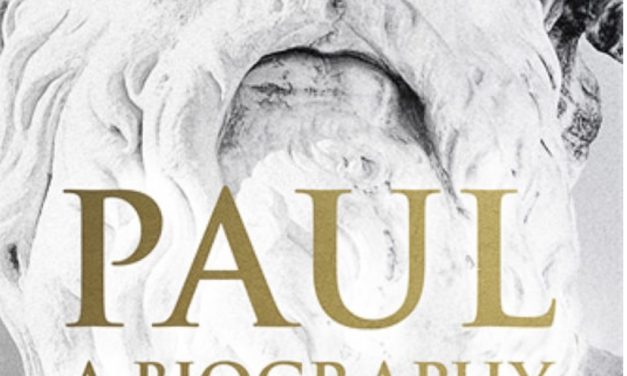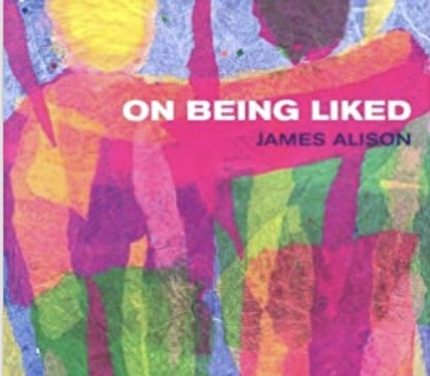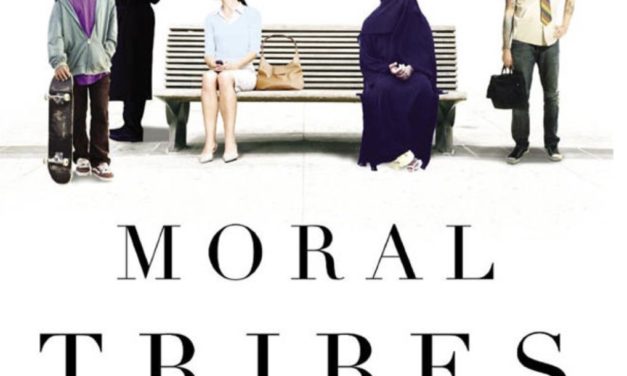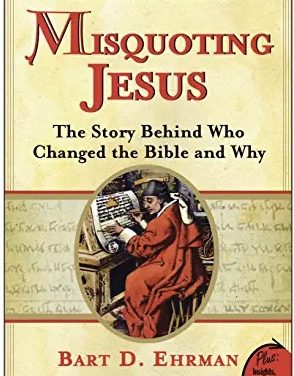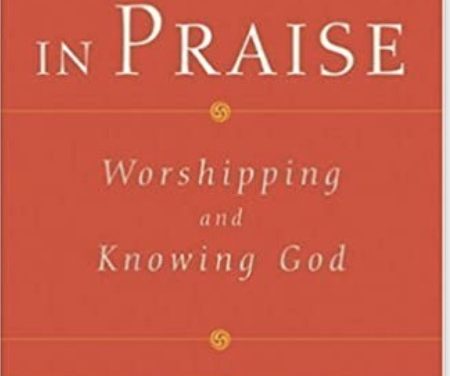Paul: A Biography
‘A biography of St Paul by his greatest living interpreter: it is a dream come true. This is the book that I had always hoped Tom Wright might write, while doubting that he ever would. And now here it is – and, my goodness, it does not disappoint!’
Tom Holland, author of Rubicon: The Triumph and Tragedy of the Roman Republic

